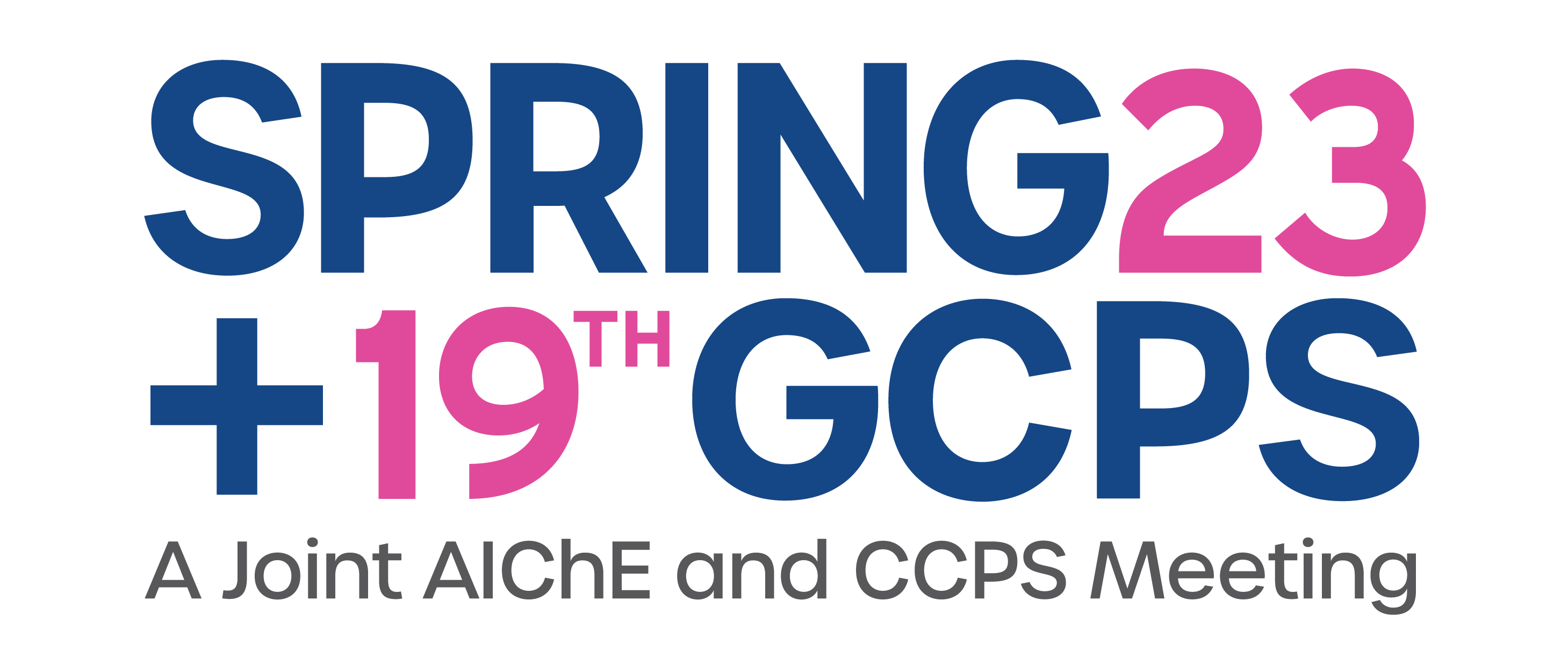

Initial experiments using powdered catalysts are typically isothermal and gradientless, and produce essential fundamental information. With increasing scale, the following changes occur:
- Pelleted catalysts: catalysts used in commercial fixed bed reactors always take the form of “FFF†(fully formed and formulated) pellets. On one hand, FFF catalysts represent activity loss compared to catalyst powders on a reactor volume basis due to (1) bed voidage and pellet porosity, (2) additional components (binders, fillers etc) needed for physical properties, and (3) internal mass and heat transfer (MHT) limits. On the other hand, added components can impart very useful additional properties, like improved deactivation resistance and multifunctionality. Importantly, the differences between powdered and “FFF†catalysts are very complex and not easily modeled a priori, but must be addressed through testing and characterization.
- Bed gradients: as bed size increases, gradients in flow, concentration and temperature develop as a consequence of bed (and external) MHT limits. These also can have the effect of strongly reducing the volumetric activity.
The BETO (Bioenergy Technology Office) funded consortium known as CCPC (Consortium for Computational Physics and Chemistry) has developed a concept for using computational models in combination with testing of FFF catalysts at “pre-pilot†scale: i.e. the smallest scale capable of measuring the parameters necessary for accurate pellet, bed and reactor modeling. In doing so, we aspire to accelerate the traditional scaleup process and potentially reduce the need for lifetime testing.
In this presentation, we will share examples of this concept in theory and practice.
Presenter(s)
Language
Pricing
Individuals
| AIChE Member Credits | 0.5 |
| AIChE Pro Members | $19.00 |
| Fuels and Petrochemicals Division Members | Free |
| AIChE Graduate Student Members | Free |
| AIChE Undergraduate Student Members | Free |
| AIChE Explorer Members | $29.00 |
| Non-Members | $29.00 |
